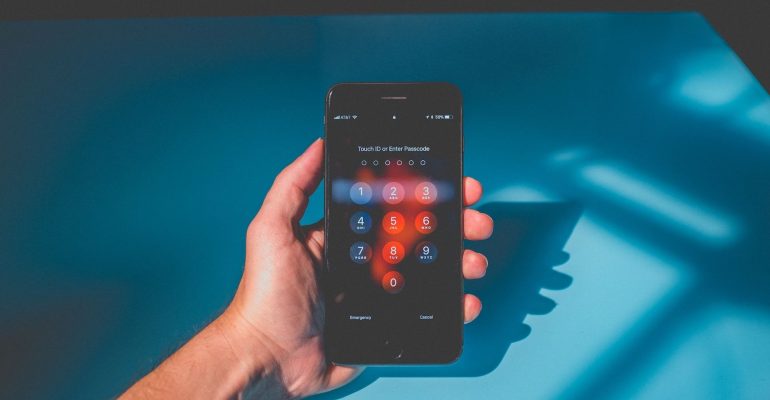Mobile App Security: Protecting User Data in the Digital Age
In an era where smartphones have become an integral part of daily life, mobile applications serve various purposes, from communication to banking and shopping. However, the convenience offered by these apps comes with inherent risks to user data due to potential security vulnerabilities. Ensuring robust mobile app security is imperative to safeguard sensitive information and maintain user trust.
Understanding Mobile App Security
Mobile app security encompasses measures and protocols implemented to protect applications from external threats, unauthorized access, data breaches, and other vulnerabilities. It involves a multifaceted approach that involves secure coding practices, encryption, user authentication, and continuous monitoring for potential threats.
The Importance of Mobile App Security
The stakes in mobile app security are high due to the sensitive nature of the data processed through applications. From personal information like names, addresses, and contact details to financial data, such as credit card information and passwords, user data is a prime target for cybercriminals. Breaches in app security can lead to identity theft, financial losses, and reputational damage for both users and businesses.
Common Threats to Mobile App Security
Several threats pose risks to mobile app security, including:
- Data Leaks: Unauthorized access or poor data storage practices leading to leaks.
- Malware and Viruses: Malicious software designed to steal data or disrupt device functionality.
- Insecure APIs: Vulnerabilities in APIs can expose sensitive data.
- Phishing Attacks: Deceptive attempts to steal login credentials or personal information.
- Man-in-the-Middle Attacks: Intercepting data transmission between the app and its servers.
Best Practices for Mobile App Security
To mitigate these threats, developers and businesses must adopt robust security practices:
- Secure Coding: Implement secure coding practices to build apps with minimal vulnerabilities.
- Encryption: Encrypt data both at rest and in transit to prevent unauthorized access.
- Authentication and Authorization: Employ strong authentication mechanisms and access controls.
- Regular Updates and Patching: Ensure apps are regularly updated to address security flaws.
- User Education: Educate users about security risks and encourage secure behaviors like password management.
Compliance and Regulations
Various data protection laws, such as GDPR and CCPA, impose stringent requirements on handling user data. Adhering to these regulations is crucial to avoid legal repercussions and maintain user trust.
Future Trends in Mobile App Security
As technology evolves, so do security measures. Advancements in biometric authentication, AI-driven threat detection, and blockchain integration are emerging trends in fortifying mobile app security.
Conclusion
Mobile app security is a continuous endeavor that demands vigilance and proactive measures from developers, businesses, and users alike. Prioritizing robust security protocols not only protects sensitive data but also fosters user trust and confidence in the digital ecosystem. Ultimately, ensuring mobile app security is indispensable in navigating the digital age safely and responsibly.






